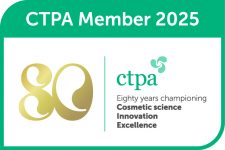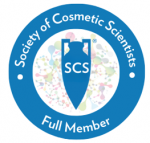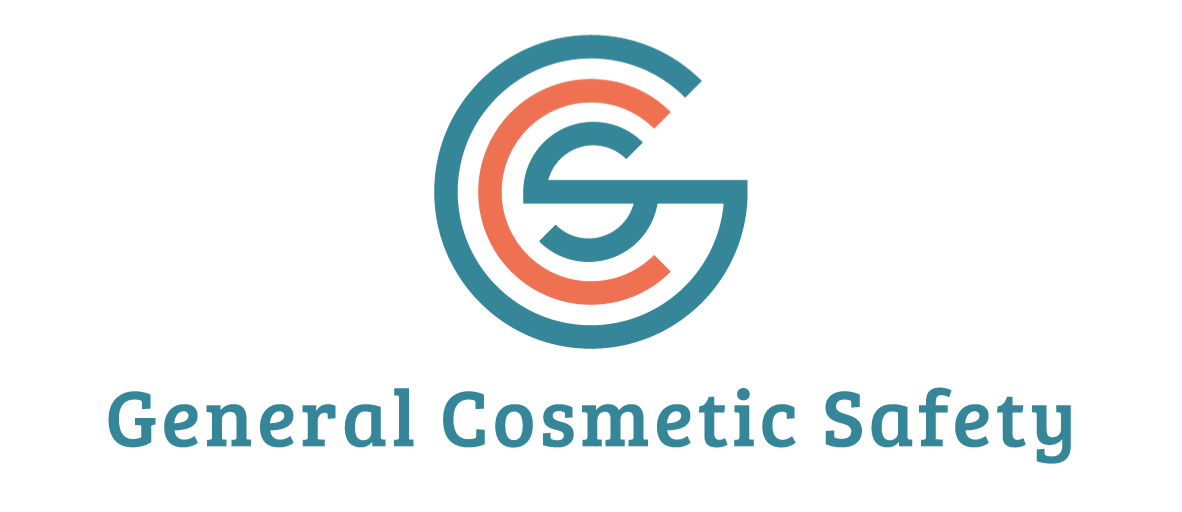Cosmetic Safety and Regulatory Insights
Understanding Cosmetic Claims: What You Can and Can’t Say
Understanding Cosmetic Claims: What UK Brands Need to Know If you’re selling cosmetic products in the UK, you’ve likely made a cosmetic claim without even realising it. Words like “natural”, “clean”, or “dermatologist approved” are common on product labels, websites...
What Does a Cosmetic Product Safety Assessor Do?
If you make or sell cosmetics in the UK or EU, you’ve probably heard the term cosmetic product safety assessor. But what does this person actually do? Why are they important for your business? And what does the law say about their role? In this blog, we explain what a...
Importing Ready-Made Cosmetics into the UK: What You Need to Know
If you’re a UK-based cosmetic brand owner importing ready-made products from outside the UK and EU, like India, Korea, Thailand, China, there are some important things you need to know before you can legally sell those products in the UK. One of the key steps is...
Are cosmetics regulated in the UK?
Understanding how cosmetics are regulated in the UK is important for manufacturers, retailers, and consumers. With the market for beauty and personal care products growing steadily, knowing the rules that ensure safety and compliance helps build trust. This blog post...
Margin of Safety
The Margin of Safety is used when scientists want to make sure a chemical / ingredient is safe in products like cosmetics or food additives; they need to compare two important things: 1. The amount that caused no harmful effects in animal studies (called the...
Ingredient Percentage Ranges in Cosmetic Product Notifications
When submitting cosmetic product information to regulatory portals like the EU CPNP or UK SCPN, manufacturers can use percentage ranges for ingredients instead of exact percentages. Cosmetic product manufacturers aren't required to disclose exact ingredient...
Will Talc be banned in cosmetics?
Talc is a very commonly used ingredient, in cosmetics and many other industries. It is at risk of being banned in the EU for use in cosmetics, based on a recent Committee for Risk Assessment (RAC) report, which has classified talc as a Carc. 1B substance. Background...
Animal Testing in Cosmetic Safety
The beauty industry has long relied on animal testing to ensure the safety of cosmetic ingredients, a practice that dates back to the early 20th century. However, as we move further into the 21st century, the landscape of cosmetic testing is undergoing a significant...
Will Tea Tree Oil be banned in cosmetics?
Tea tree oil (TTO) - INCI name: Melaleuca Alternifolia Leaf Oil - is a well-known essential oil with a distinctive aroma and widely used in cosmetics and aromatherapy. It is at risk of being banned in the EU for use in cosmetics, and I wanted to understand why,...
What Exactly is a Cosmetic Product?
Cosmetics are everywhere in our daily lives. From the face wash you use each morning to the night cream you might use before bed, we rely on these products to keep us looking and feeling our best. But what exactly makes something a cosmetic product, and what doesn’t?...
Safety Assessor Qualifications
MSc (Distinction), University of Strathclyde
BSc (Hons) Chemistry, University of Nottingham
Certificate - Safety Assessment of Cosmetics in the EU, Vrije University Brussels
Get in Touch
If you would like to discuss any of your products or ranges, please fill out our contact form





